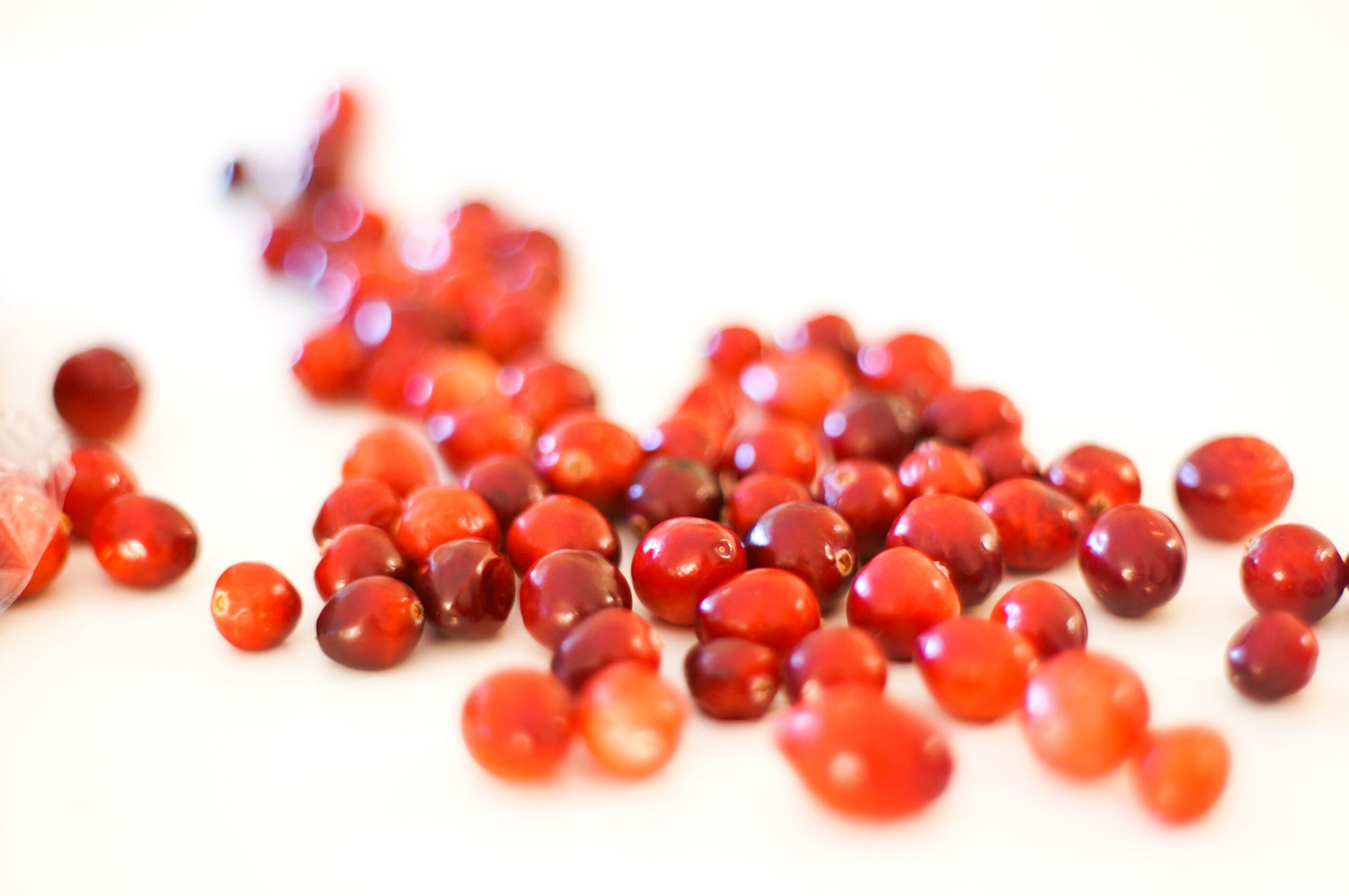
Healthy eating is essential to maintaining overall health and well-being. However, starting a new diet can be overwhelming, especially if you’re unsure of what to do or expect. In this article, we will discuss some dos and don’ts when it comes to starting a new diet, as well as provide tips on setting realistic goals, creating a meal plan that works for you, understanding portion sizes and calorie counting, staying hydrated, and maintaining motivation.
Do’s and Don’ts of Starting a New Diet
1. Do set realistic goals: Setting achievable goals is crucial when starting a new diet. Aim to make small changes at first, such as reducing your intake of processed foods or increasing your water consumption. As you start to see progress, you can then work towards more significant goals.
2. Don’t restrict yourself too much: While it may be tempting to cut out entire food groups or severely limit your caloric intake, doing so can lead to feelings of deprivation and ultimately result in failure. Instead, focus on making balanced choices and listening to your body’s hunger cues.
3. Do educate yourself: Learning about nutrition and how different foods affect your body can help you make informed decisions when it comes to your diet. Consider consulting with a registered dietitian or reading up on reputable sources online.
4. Don’t obsess over numbers: Focusing too much on calorie counts or macro calculations can take away from the enjoyment of eating. Instead, aim to eat whole, minimally processed foods and listen to your body’s signals.
5. Do find support: Having someone to lean on for accountability and encouragement can make all the difference when it comes to sticking to a new diet. Consider joining a community group or finding an accountability partner.
Setting Realistic Goals for Your Diet
When it comes to setting goals for your diet, it’s essential to be realistic. Here are some tips for setting achievable goals:
1. Make small changes: Starting with small, manageable changes can help build momentum and confidence as you work towards larger goals. For example, try swapping sugary drinks for water or incorporating more vegetables into your meals.
2. Be specific: Vague goals like “eat better” won’t cut it. Instead, aim for specific, measurable goals like “reduce soda consumption by one can per day.”
3. Set deadlines: Without a deadline, it can be easy to put off making changes. Set a date by which you want to achieve your goal, and hold yourself accountable.
Creating a Meal Plan that Works for You
Meal planning is an excellent way to ensure you’re getting the nutrients you need while also saving time and money. Here are some tips for creating a meal plan that works for you:

1. Assess your needs: Take inventory of your daily routine and any dietary restrictions or preferences. This will help you tailor your meal plan accordingly.
2. Choose versatile ingredients: Look for staples that can be used in multiple dishes throughout the week, such as chicken breasts, brown rice, or frozen veggies.
3. Mix it up: Variety is key when it comes to enjoying your meals and getting adequate nutrition. Try incorporating different colors, textures, and flavors into each meal.
Understanding Portion Sizes and Calorie Counting
Portion control is critical when it comes to managing weight and overall health. Here are some tips for understanding portion sizes and calorie counting:
1. Use smaller plates: Swapping out large dinner plates for smaller ones can trick your brain into thinking you’re consuming more than you actually are.
2. Measure out servings: Referencing serving size guides can help you gauge appropriate portions. Consider investing in a food scale or measuring cups to aid in accuracy.
3. Track calories occasionally: While counting every single calorie isn’t necessary (or even feasible), tracking them periodically can give you insight into where you might need to adjust your intake.
Staying Hydrated and Avoiding Dehydration
Drinking enough water is vital for overall health and wellness. Here are some tips for staying hydrated:
1. Drink often: Aim to consume water throughout the day rather than gulping down large amounts at once.
2. Set reminders: Whether through a smartphone app or old-fashioned Post-It notes, setting reminders to drink water can help keep you on track.
3. Infuse it: Adding fruits or herbs to your water can add flavor without adding calories or sugar.
Maintaining Motivation and Overcoming Obstacles
Sticking to a new diet can be challenging, but there are ways to maintain motivation and overcome obstacles along the way:
1. Celebrate successes: Recognizing small wins can help boost morale and encourage continued progress.
2. Find support: Joining a community group or seeking out an accountability partner can offer encouragement and guidance during tough times.
3. Practice self-compassion: Remember that slip-ups happen; instead of berating yourself, practice kindness and forgiveness.













Leave a Reply